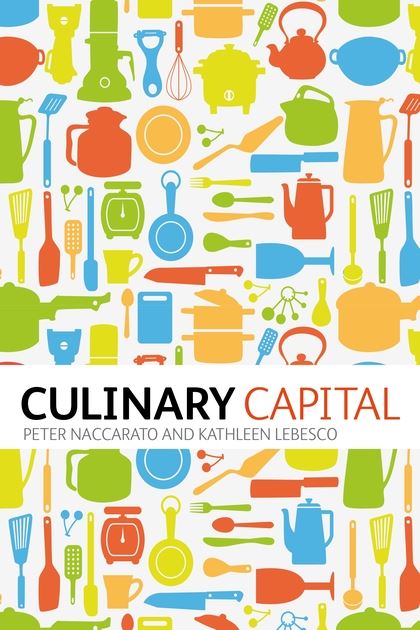Review of "Culinary Capital"
“In Culinary Capital, Peter Naccarato and Kathleen LeBesco extend Pierre Bourdieu’s theory of cultural capital as described in Distinction (Bourdieu 1984). Following Bourdieu’s focus on the imposition of arbitrary upper class tastes (not simply tastes in food but also art and music) as the standard by which distinction is conferred, Naccarato and LeBesco assert that food and foodways are important markers of social status and that the assignment of a high or low value is a dynamic rather than static process. The study of the creation and flow of ‘culinary capital’—which we may think of as a form of status that accrues to individuals who conform to their culture’s food and food-related norms and expectations—allows us to ‘understand how and why certain foods and food-related practices connote, and by extension, confer status and power on those who know about and enjoy them’ (p. 3). The book contributes to food studies by demonstrating the use of this theory by exploring a variety of food ‘sites’ (both virtual and physical, all of relatively recent origin) and the ways in which they can confer users and customers with culinary capital…”

